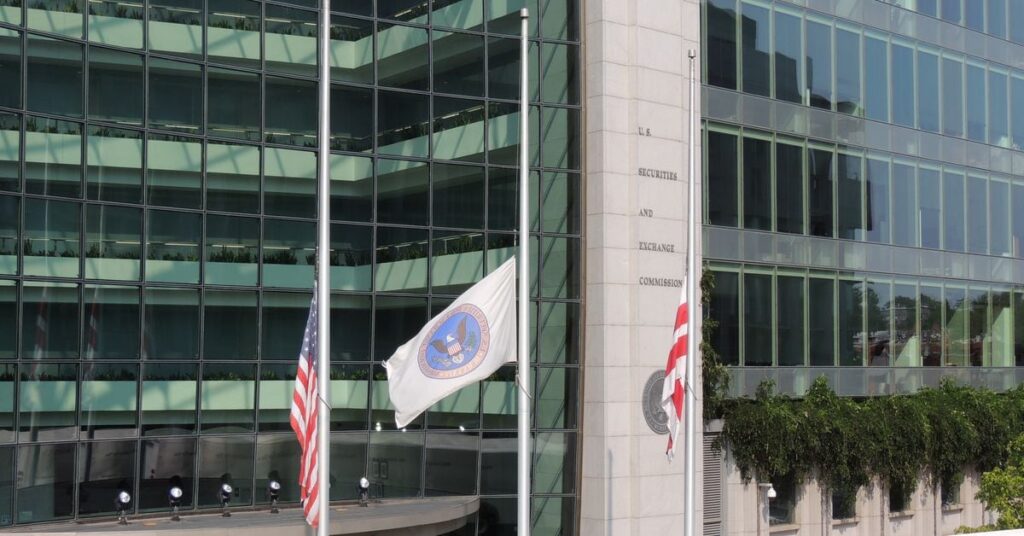Summary
Federal judge rules that secondary-market transactions for certain cryptocurrencies violate securities law, but it was a default judgment as the defendant did not show up and no one opposed the Securities and Exchange Commission’s motion.
Key Points
1. The federal judge ruled that secondary-market transactions for certain cryptocurrencies violated securities law.
2. This ruling was a default judgment, as the defendant never showed up in court and no one filed amicus briefs opposing the Securities and Exchange Commission’s motion for a default ruling.
3. The case highlights the importance of legal representation and advocacy in court proceedings, as failing to appear or provide a defense can result in unfavorable judgments.


